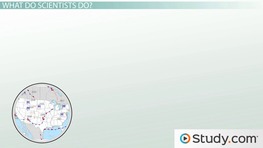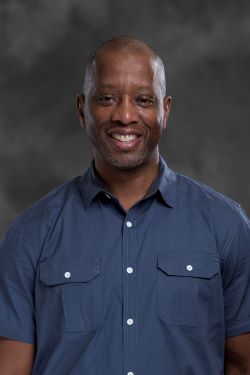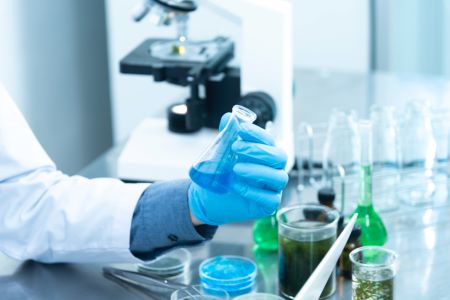What is Science?
Science can be defined as both a field of study that acquires knowledge and the organized body of knowledge gained from the field of study. The field of study uses observation, including watching, listening, feeling, recording, and experimentation to discover what is in the universe and explain natural phenomena in the world. Scientific experimentation involves predictive methodologies and the collection and testing of empirical evidence. There are three main realms of science: the natural sciences, the social sciences, and the formal sciences. The natural sciences describe, understand, and predict the natural world and the universe. It includes the scientific branches of biology, chemistry, and physics, which are further divided into sub-fields such as biochemistry, anatomy and physiology, earth science, environmental science, botany, cell biology, electrochemistry, astronomy, and microbiology. Social sciences deal with the study of human societies and human-world interactions. Sub-fields of the social sciences include sociology, psychology, law, politics, anthropology, geography, history, cultural studies, and economics. Lastly, the formal sciences involve the study of formal systems. They include sub-fields such as mathematics, engineering, computer science, logic, statistics, artificial intelligence, data science, systems science, and engineering.
Science is a very important field of study and is applied to the daily activities of humans. The use of science is how many valuable inventions were created that are essential to everyday life, including lightbulbs in our homes, kitchen appliances, cellphones to communicate with family and friends, and cars for traveling. Science has also led to advances in the medical field, allowing humans to manage diseases and live longer.
Science Skills & Practices
Access our collection of practice problems designed to help students learn and master the fundamentals of chemistry and physics skills. The science lessons and skills collection includes thousands of practice problems, step-by-step explanations, video walkthroughs, games and activities, self-assessment quizzes, and proctored exams, among many other useful resources.
The chemistry resources have been designed to help students learn and master fundamental high school chemistry skills, including practice problems related to mass, volume, and density, substances and solutions, reaction and solution stoichiometry, buffers and weak acids, and equilibrium. Similarly, the AP chemistry resources are also designed to help students learn and master the fundamental high school chemistry skills, including practice problems related to argumentation, valence electrons and ionic compounds, the structure of ionic solids, metals and alloys, properties of solids, kinetic-molecular theory, spectroscopy, the electromagnetic spectrum, the photoelectric effect, and physical and chemical changes. The chemistry skills practice resources include materials that have been aligned with Texas and Florida school's state chemistry standards.
Skills in physics are also a part of our collection of science lessons and skillss specially designed for high school students. In the high school physics resources, students will find resources related to nuclear and atomic physics, diffraction and polarization, light and optics, magnetism, electric current and circuits, static electricity, thermodynamics and engines, sounds, waves, heat and thermal physics, forces, and rotational motions.
The AP physics resources have been divided into various categories, including Physics 1, Physics 2, Psychics C: E&M, and Physics C: Mechanics. Physics 1 includes topics such as kinematics, dynamics, circular motion and gravitation, energy, simple harmonic motion, momentum, torque, and rotational motion. Physics 2 includes fluids, thermodynamics, electric force, electric circuits, magnetism, and electromagnetic induction. AP Physics C: E&M skills resources include electrostatics, conductors, capacitors, dielectrics, electric circuits, magnetic fields, and electromagnetism. Lastly, AP Physics C: Mechanics skills resources include Newton's laws and forces, work, energy, and power, particles and linear momentum, rotations and oscillations, and gravitation. With these practice problems and resources, students will master the sciences.







